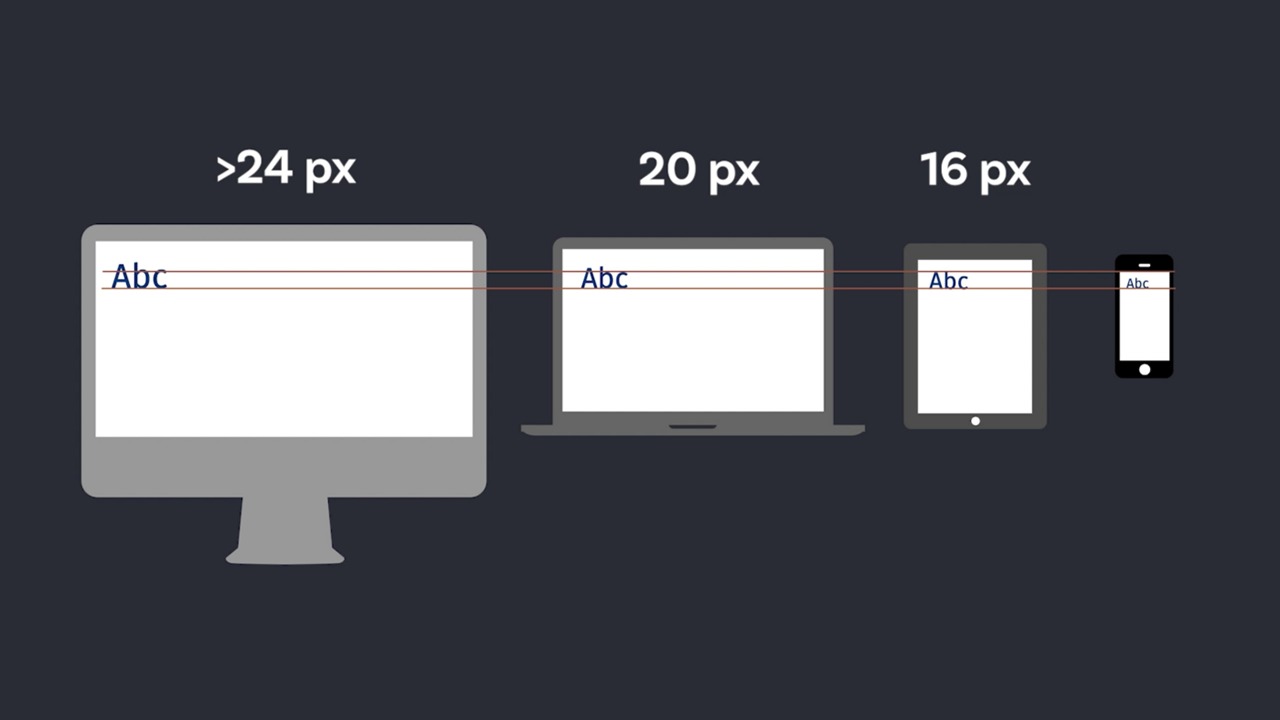
Introduction to Responsive Web Design
Responsive web design has become more than just a trend; it’s a necessity in today’s digital age. As technology continues to evolve and users access the internet through various devices, the importance of responsive design cannot be overstated. In this article, we delve into why responsive web design is crucial for the future of online businesses and user experience.
Understanding Responsive Web Design
Responsive web design involves creating websites that adapt and respond to different screen sizes, resolutions, and devices. This ensures that users have a consistent and optimal viewing experience across desktops, laptops, tablets, and smartphones. With the increasing prevalence of mobile devices, responsive design has become a standard practice for modern websites. One of the frameworks that helps create responsive design is Bootstrap Framework.
Enhanced In User Experience
One of the primary benefits of responsive design is the improved user experience it offers. By optimizing content for various devices, websites become more accessible and easier to navigate, leading to higher user engagement and satisfaction. Users no longer have to pinch and zoom or scroll horizontally to view content, resulting in a seamless browsing experience.
Improved In SEO Performance
Responsive web design plays a significant role in search engine optimization (SEO). Search engines like Google prioritize mobile-friendly websites in their rankings, making responsive design essential for improving visibility and driving organic traffic. Websites that are not mobile-friendly may experience lower search rankings and decreased visibility, impacting their online presence and competitiveness.
Cost-effectiveness of Responsive Web Design
Maintaining separate desktop and mobile versions of a website can be time-consuming and costly. Responsive design eliminates the need for multiple versions by adapting the same content and layout across all devices. This reduces development time and ongoing maintenance costs, making it a cost-effective solution for businesses of all sizes.
Future-proofing of Websites
As technology continues to advance, new devices with varying screen sizes and resolutions will emerge. Responsive web design ensures that websites remain compatible and functional on future devices, eliminating the need for frequent redesigns or updates. By future-proofing websites, businesses can stay ahead of the curve and adapt to changing consumer preferences.
Increased Conversion Rates
Responsive websites can have a significant impact on conversion rates and user engagement. By providing a seamless and intuitive browsing experience, responsive websites are more likely to convert visitors into customers or leads. With easier access to content and streamlined navigation, users are more inclined to take desired actions, such as making a purchase or filling out a form.
Responsive Web Design Is Social Media Compatibility
With the proliferation of social media platforms, users often access websites through links shared on various social networks. Responsive design ensures that websites look and function properly when accessed through social media channels on different devices. This enhances brand visibility and engagement on social media, driving traffic back to the website.
Adaptability to Multiple Devices
In today’s multi-device world, users expect websites to work seamlessly across all their devices. Whether they’re browsing on a smartphone during their commute or using a tablet at home, responsive web design ensures that users can access content without limitations. This adaptability fosters user loyalty and encourages repeat visits to the website.
Competitive Advantage
In a competitive online landscape, having a responsive website can give businesses a significant advantage over competitors. Websites that are mobile-friendly rank higher in search results, attract more traffic and provide a better user experience, ultimately leading to increased conversions and revenue. By investing in responsive design, businesses can differentiate themselves and stay ahead of the competition.
Conclusion
As the digital landscape continues to evolve, responsive web design will play an increasingly vital role in shaping the future of online experiences. From improved user experience and SEO performance to cost-effectiveness and adaptability, the benefits of responsive design are undeniable. By prioritizing responsive design, businesses can future-proof their websites and deliver exceptional experiences across all devices, ensuring long-term success in the ever-changing digital world.
posted by Emad Zedan on 01 Feb 2024 in Design, Development, Project Management, UX/UI Design, Web Design, WordPress


Leave a Reply